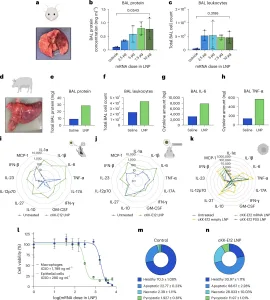Epigenetics Reveals Lasting Impact of British-Era Starvation: Generational Rewiring
Recent groundbreaking research in epigenetics sheds light on the profound and lasting consequences of the starvation induced during British rule. The study suggests that the devastating famine not only resulted in the tragic loss of millions of lives but also triggered epigenetic changes, essentially rewiring the bodies of survivors and subsequent generations.
Understanding Epigenetics and Its Role
Epigenetics explores how environmental factors can alter gene expression without changing the underlying DNA sequence. These changes can be inherited, influencing the health and traits of future generations. This new research indicates that the extreme nutritional deprivation experienced during the famine left an enduring epigenetic imprint.
Key Findings of the Study
- Inherited Health Risks: The study points to an increased susceptibility to certain diseases in individuals whose ancestors experienced famine conditions.
- Metabolic Changes: Epigenetic alterations may have affected metabolic processes, potentially leading to a higher risk of conditions like diabetes and heart disease.
- Impact on Development: The research suggests that early childhood development could have been significantly impacted by these inherited epigenetic changes.
Implications for Public Health
These findings have significant implications for public health initiatives, particularly in regions historically affected by famine. Understanding the epigenetic legacy of starvation can inform strategies for:
- Targeted healthcare interventions to address specific health risks.
- Nutritional programs designed to mitigate the long-term effects of malnutrition.
- Further research into the mechanisms by which epigenetic changes are transmitted across generations.
Looking Ahead: Future Research Directions
While this research provides valuable insights, further investigation is needed to fully understand the complex interplay between environmental factors, epigenetics, and health outcomes. Future studies could focus on:
- Identifying specific epigenetic markers associated with famine exposure.
- Exploring the potential for reversing or mitigating these epigenetic changes.
- Examining the broader social and economic consequences of inherited epigenetic effects.
Final Words: A Call for Awareness and Action
This epigenetics research serves as a stark reminder of the enduring impact of historical events on human health. By acknowledging and understanding the epigenetic legacy of starvation, we can work towards developing more effective strategies to promote health and well-being for affected populations and future generations. It underscores the importance of addressing not only immediate needs but also the long-term consequences of historical injustices on public health.




+ There are no comments
Add yours